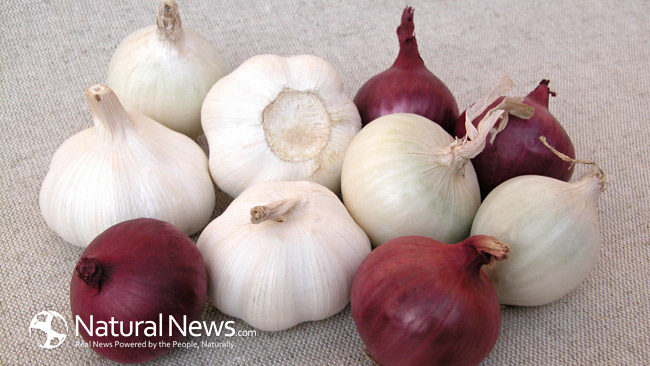A healthy digestive tract has over one hundred trillion bacteria called probiotics living in it from the mouth to the colon (1). Prebiotics are the food that the probiotics feed on, so ensuring that you have lots of prebiotics in your diets helps the probiotics colonize in your digestive system. This is an important factor to take into consideration when you are trying to increase the probiotics in your digestive system, such as after an antibiotic treatment or to cure inflammation.
What Are The Benefits Of Probiotics?
Probiotics perform many important functions in your body. Some of these functions are:
- helping digest food by producing needed enzymes.
- helping keep harmful microorganisms from becoming too prevalent in your body by producing antibacterial, antiyeast, and antifungal compounds, as well as simply crowding them out.
- increasing the absorption of the nutrients from your food.
- decreasing the level of toxins in your intestines.
- synthesizing many vitamins that your body needs, such as folic acid, vitamin B12, and vitamin K2.
(2)
How Do You Add Probiotics To Your Digestive System?
You can easily add probiotics to your digestive system by adding fermented foods to your diet. Sauerkraut, miso, kimchi, cheese, yogurt, and buttermilk are a few probiotic filled foods that most people have heard of. Some lesser know choices include milk kefir, brined pickles (made without vinegar), poi, douchi, natto, amazake, injera, pao cai, and nata de coco, many of which can be purchased at international grocery stores. There are even fermented drinks that are sweet and bubbly like pop such as water kefir, and kombucha.
Many of these foods are available at the grocery store or can be made easily and affordably at home. Make sure the store bought items are raw unpasteurized so that they contain live cultures. It is also important not to heat up cultured foods, or else the healthy bacteria will be killed off. Each food has a unique combination of bacteria, so adding a variety of these foods can help ensure a more diverse and healthy bacterial environment in your digestive system.
How do Prebiotics Help Probiotics?
Like any bacteria, probiotics have to eat. Prebiotics are the nutrients that probiotics feed on. These nutrients include inulin, fructooligosaccharides, and arabinogalactan, which can all be found in everyday foods.
When you are trying to recolonize your digestive tract with healthy bacteria, making sure there are lots of nutrients for the probiotics to feed on aids in creating the ideal environment for these little guys. Keeping all those probiotics you are adding to your diet well fed, is an important step in ensuring they survive to provide you with the numerous health benefits.
Where Do You Get Prebiotics?
Luckily prebiotics are in many foods that we eat every day.
Sources of prebiotics:
- bananas
- onions
- garlic
- leeks
- honey
- whole grains
- artichokes
- burdock and chicory root
(2)
What Else Can Be Done To Promote Probiotics?
Adding prebiotics and probiotics to your diet is a great way to have these cultures thrive in your digestive tract. Once they have colonized, it is a good idea to protect them. Lifestyle choices such as excessive use of antibacterial cleaners and soaps, overexposure to toxins, drinking chlorinated water, and taking antibiotics all can kill off healthy gut bacteria. It is also helpful to avoid refined sugars and processed carbohydrates since they tend to feed the harmful bacteria and yeast in your body, which could throw off the bacterial balance. (4)
Amy is a writer and a mother of a blended family with three young kids, soon to be four. She has a wide variety of interests including mindful parenting, successful blended families, gardening, health and fitness, recipes, and more… all of which are reflected in her writing.
Besides writing for NaturalNews.com Blogs, Amy manages a children’s book review site, and the blog Parenting, Health, Happiness.
Sources for this article include:
(1) Daniluk, J. Meals That Heal Inflamation, Random House Canada, 2011, page 124
(2) Daniluk, J. Meals That Heal Inflamation, Random House Canada, 2011, page 126





